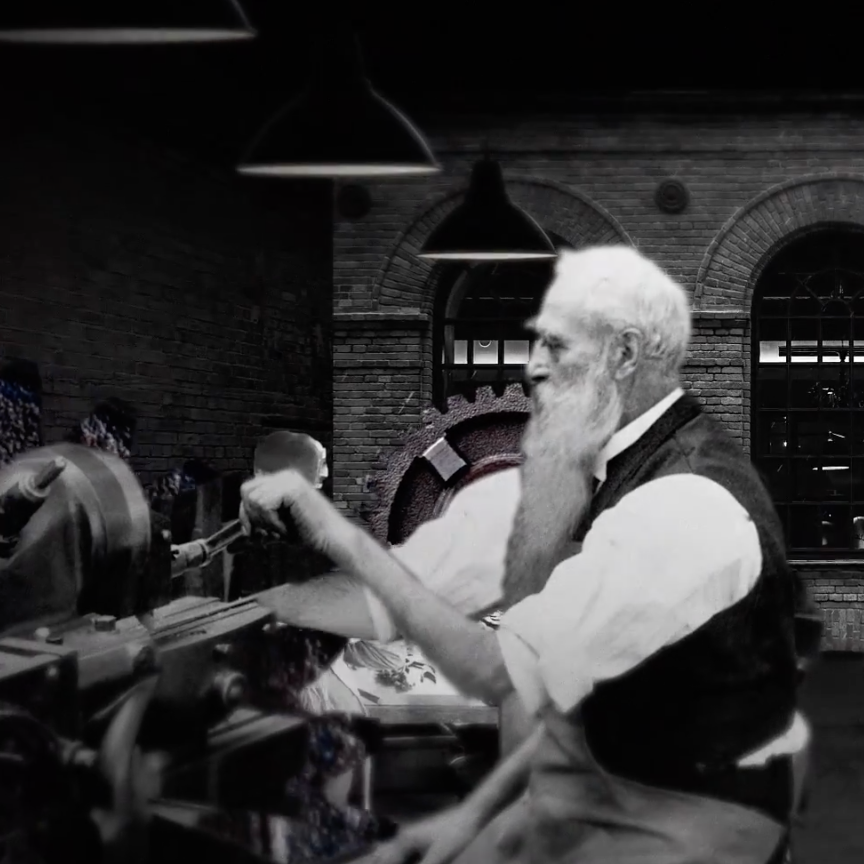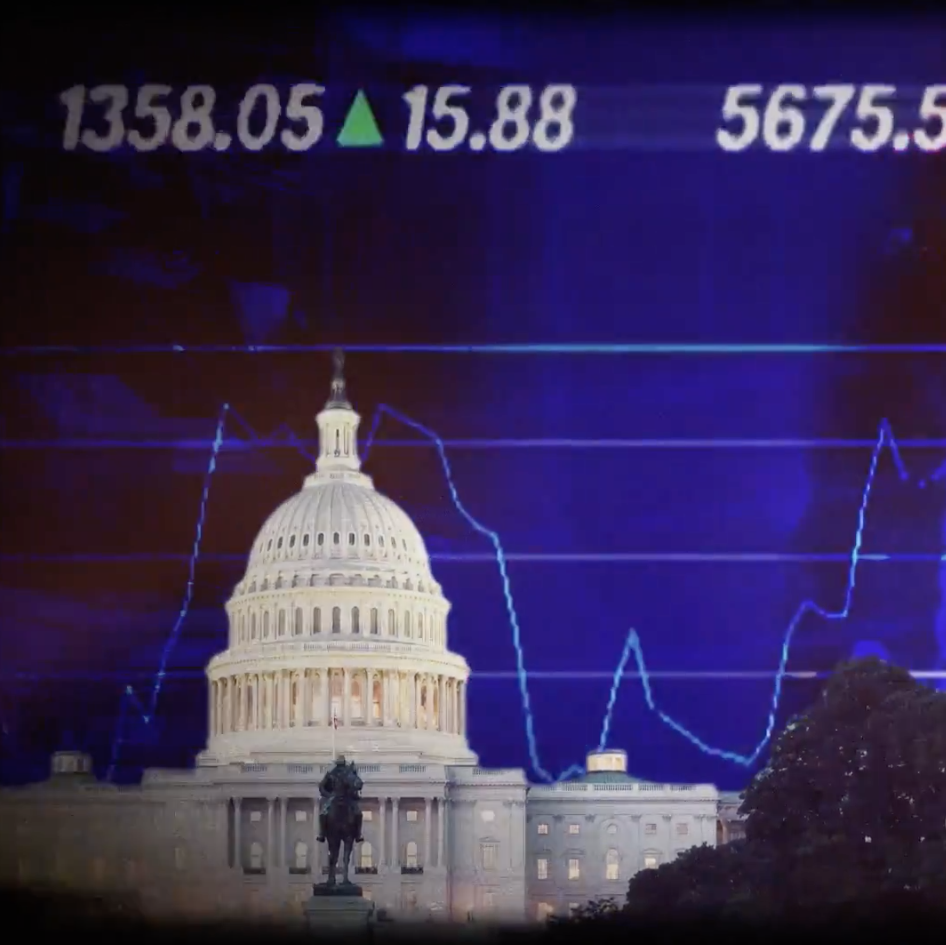Publication Date: December 2017
In American Exceptionalism in a New Era, editor Thomas W. Gilligan, director of the Hoover Institution, has compiled thirteen essays by Hoover fellows that discuss the unique factors that have historically set America apart from other nations and how these factors shape public policy. The authors show how America and its people have prospered and emerged as global leaders by prizing individuality and economic freedom and explore key factors in America’s success, including immigration, education, divided government, light regulation, low taxes, and social mobility. America isn’t perfect, they argue, but it is exceptional.
Taken together, the essays form a broad exploration of American attitudes on everything from tax rates and property rights to the role of government and rule of law. They examine the beliefs of statesmen including Alexis de Tocqueville, Abraham Lincoln, Herbert Hoover, and Ronald Reagan—each of whom considered America fundamentally different from other nations.
Finally they outline the ways American exceptionalism may be in decline, with consequences both at home and abroad. At a time when “the idea of the American dream is not in high repute in our public discourse,” the authors collectively argue that the United States must continue to believe in itself as exceptional and indispensable or else face a world where America no longer sets the standard.
Contributors: Annelise Anderson, John Cochrane, William Damon, Niall Ferguson, Stephen Haber, Victor Davis Hanson, Edward P. Lazear, Gary Libecap, Michael McConnell, George H. Nash, Lee Ohanian, Paul E. Peterson, Kori Schake
For more information, visit the Hoover Press; or download PDFs of individual chapters below.
CHAPTER 1: Is America Still the “Hope of Earth”?
by Paul E. Peterson
Advocates of American exceptionalism say the United States is special, a nation for the world to admire, a country worthy of emulation, a place chosen for destiny. Their claim resembles the assumption made by the young child at a Jewish seder who asks, “Why is this night different from all other nights?” But is it really correct to say that America is exceptional?
CHAPTER 2: Legal Origins of American Exceptionalism
by Michael McConnell
On a cold February day, uniformed officers in the city of Boston, Massachusetts, shot and killed five unarmed young men. Naturally, the community was in an uproar. Th ere were massive public protests. Some political leaders and agitators exploited these killings, labeling them a “massacre” before there had even been time for a public inquiry. There were insistent demands for systemic change. Agitators distributed selective accounts of the event, featuring altered images presenting the officers in the worst possible light.
CHAPTER 3: American Exceptionalism
by Gary Libecap
The United States has been unusual in its protection of property, especially in the realm of physical resources like land but also with regard to intellectual property and encouraging innovation.
CHAPTER 4: Intellectual Property as a Pillar of American Exceptionalism
by Stephen Haber
Usually we associate property rights with physical property. I have a property right to a bottle of water until I drink it all. I have a property right to my house and to my car. But most of the important property rights in the modern economy are intangible property rights. If we think about the market caps of the big corporations in the United States today, many of them don’t really have much in the way of physical assets. What are the physical assets of Facebook? It’s a bunch of kids with hoodies.
CHAPTER 5: The Exceptional Economy
by Edward P. Lazear
When I was a young child, my father used to emphasize to me that, in America, we were all individuals and could do anything we desired. America was the land of opportunity. But while most coming-of-age Americans may have heard such sentiments from their own parents, the message is not universal. When I conveyed my father’s words to a European colleague, she said, “Oh, really? We were told exactly the opposite.
CHAPTER 6: Law and the Regulatory State
by John Cochrane
To be a conservative—or, as in my case, an empirical, Pax-Americana, rule-of-law, constitutionalist, conservative libertarian—is pretty much by definition to believe that America is “exceptional”—and that it is perpetually in danger of losing that precious characteristic. Exceptionalism is not natural or inborn but must be understood, cherished, maintained, and renewed each generation—and its garden is always perilously unattended.
CHAPTER 7: Whither American Exceptionalism?
by Niall Ferguson
When you give an essay a title like “Whither American exceptionalism?” there is obviously a joke to be made. Is American exceptionalism withering? That is really the question that I want to pose.
CHAPTER 8: What Makes America Great? Entrepreneurship
by Lee Ohanian
This chapter discusses the remarkable exceptionalism of American entrepreneurship and how entrepreneurship has been so critical in forging our nearly 250-year record of economic success. I will also discuss some policy options that can promote and foster entrepreneurship in the future.
CHAPTER 9: American Dominance of the International Order
by Kori Schake
A hegemon is the state that sets and enforces the rules of the international order. In 1945, with the rest of the world in tatters, the United States had a dominant position, could have imposed its will on any other state. In characteristic American fashion, we had a raucous domestic debate— not about how to dominate the world but about whether to remain engaged in the world at all.
CHAPTER 10: The Foundations of America’s Exceptional Role in the World
by Victor Davis Hanson
“Exceptionalism” doesn’t necessarily mean “preeminence.” It’s derived from a Latin word excipere—“to take from” or “to select” or “to differentiate.” The English concept is the same as in Latin: to take out something from the majority or take it away from the implied normal group. In theory an “exceptional” trait could be bad or good. But in the context of the United States, we mean that America is positively weird. It’s fortunately odd. It’s thankfully different. In other words, America is not like most nations but preferable to them.
CHAPTER 11: Herbert Hoover and American Exceptionalism
by George H. Nash
During his very long life Herbert Hoover developed a political and social philosophy that he believed could explain the greatness of the country he loved. To understand his vision of American exceptionalism, we need to understand the exceptional shape of his career before he entered American public life.
CHAPTER 12: Ronald Reagan and American Exceptionalism
by Annelise Anderson
Ronald Reagan’s earliest explicit view of American exceptionalism was expressed in a speech he gave to the 1952 graduating class at William Woods College in Fulton, Missouri, the same town in which Winston Churchill had told the United States that an iron curtain had fallen across Europe from Stettin in the Baltic to Trieste in the Adriatic. At this time Reagan had been out of the country on only one occasion, when he had gone to England to make a movie. He hadn’t liked England—the food was not good, the people were regimented, and it was too cold
CHAPTER 13: The American Dream Is Alive in the Minds of Young Americans
by William Damon
Other presentations in this volume have discussed important features of American exceptionalism from economic, historical, legal, and policy perspectives. I have no expertise in those fields, and I have learned a great deal from the authors of presentations that draw on them.




















